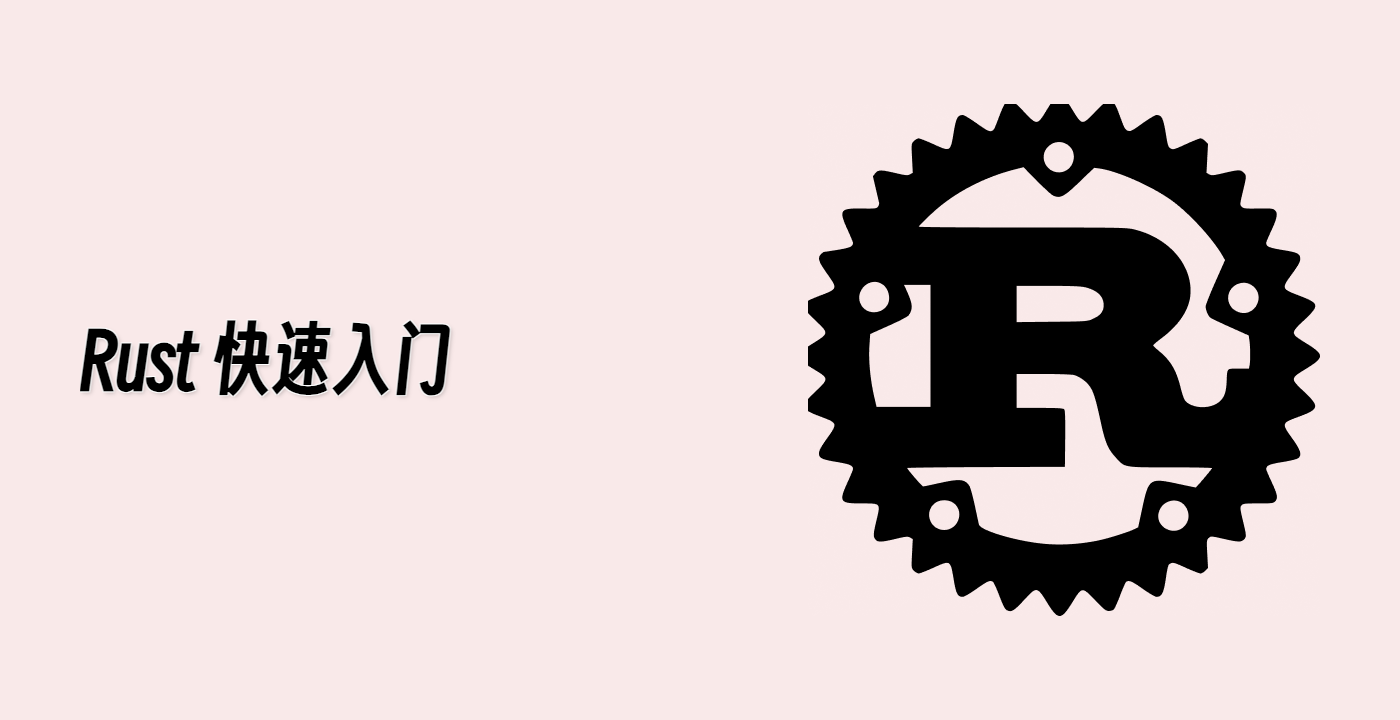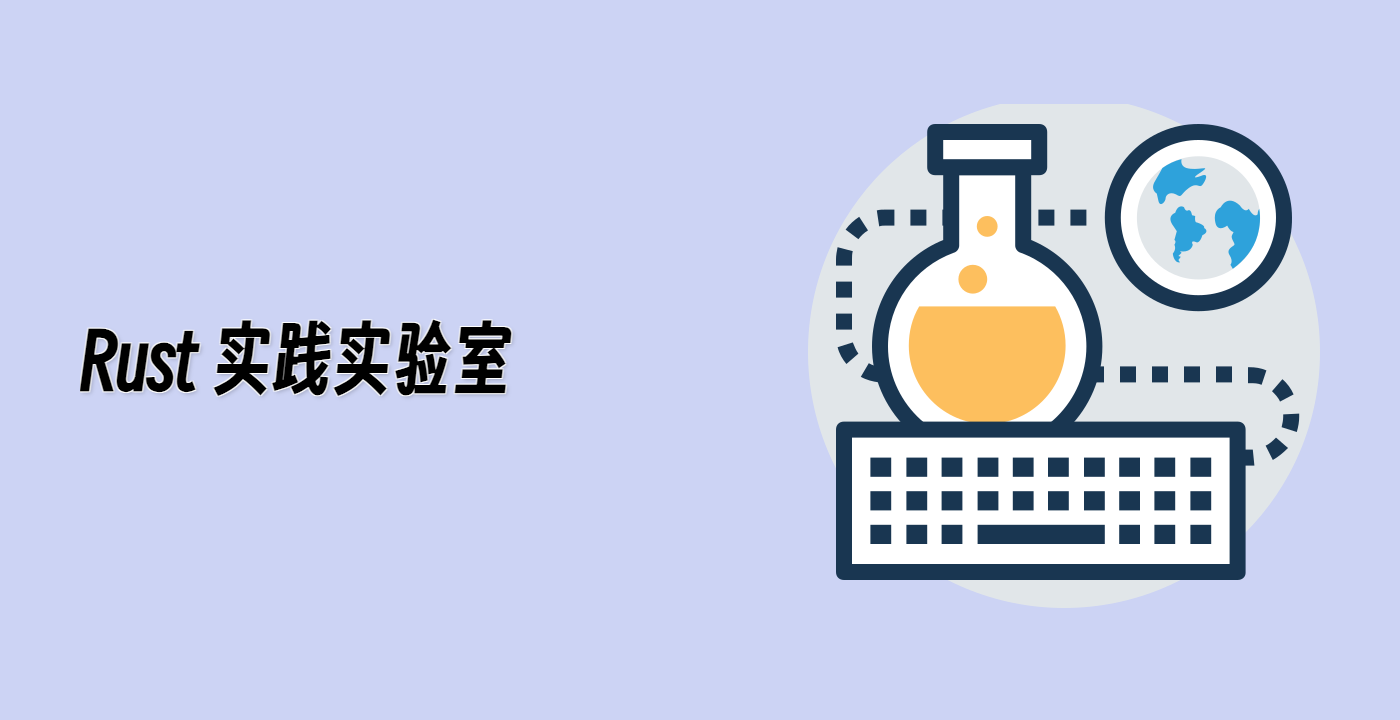简介
在本实验中,我们将看到一个在 Rust 编程语言中先声明变量绑定,然后再进行初始化的示例。
注意:如果实验未指定文件名,你可以使用任何你想要的文件名。例如,你可以使用
main.rs,并通过rustc main.rs &&./main进行编译和运行。
Skills Graph
%%%%{init: {'theme':'neutral'}}%%%%
flowchart RL
rust(("Rust")) -.-> rust/FunctionsandClosuresGroup(["Functions and Closures"])
rust(("Rust")) -.-> rust/BasicConceptsGroup(["Basic Concepts"])
rust/BasicConceptsGroup -.-> rust/variable_declarations("Variable Declarations")
rust/FunctionsandClosuresGroup -.-> rust/function_syntax("Function Syntax")
rust/FunctionsandClosuresGroup -.-> rust/expressions_statements("Expressions and Statements")
subgraph Lab Skills
rust/variable_declarations -.-> lab-99293{{"Rust 变量绑定声明"}}
rust/function_syntax -.-> lab-99293{{"Rust 变量绑定声明"}}
rust/expressions_statements -.-> lab-99293{{"Rust 变量绑定声明"}}
end



